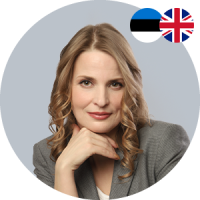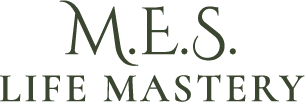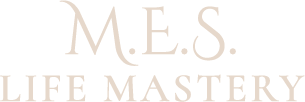Mary Charlotte Toover
Communication languages: English, Estonian
Regions: London (United Kingdom)

I’ve been interested in psychology since college. At Tallinn University, where I studied Environmental Management with Crisis and Communication Psychology, I grew deeply curious about how our experiences—and especially our traumas—live in the body and shape our emotions, relationships, and choices.
My journey is rooted in grief. When I was eight, my mother died from multiple sclerosis. I remember her anguish and the desperate hope for a miracle that never came. She felt worthless and ashamed—first about her weight, later about her disability—and became hopeless and stuck. Watching that shaped me. Later, I had to face many of those same emotions in myself, and I learned that hope and faith matter. What isn’t possible today can become possible tomorrow. What you seek is seeking you.
I also learned something else: we often fear being abandoned by others, while quietly abandoning ourselves. Self-acceptance and compassion are not luxuries; they are keys to healing—even to something as practical as weight change. And gratitude really does open doors. Being thankful for the gifts of life, appreciating help when it comes, and letting go gracefully when things end creates space for new support and opportunities.
There was a time when I lost my joy. I was in a relationship with narcissistic behaviors that wore me down. He didn’t “do it to me” directly—I helped myself disappear. Eventually I saw what was happening and left. I feared that if I stayed, my health might follow the same path as my mother’s. Even then I knew: emotions and thoughts affect our physical health. I began to see that not everything that looks good is good—there’s always a price—and that even the difficult moments carry a gift. I started pausing to ask, “What’s good about this?” Sooner or later, an answer would come. I became convinced that life is happening for me, not to me. I left my home, belongings, job and security, and rebuilt my life and identity from the ground up. It taught me resilience, decisive action, and a quieter kind of courage. With growing self-trust, I began to trust life itself. Along the way, good people appeared—and I tried to be that person for others too. I became, in a way, a wounded healer.
Through MER Biofeedback®, I began a journey of understanding how subconscious programs were running my life. My first session was a profound emotional release that brought me a new level of self-control and resilience, and people could even see the change in my face. With each subsequent session, I continued to heal, moving from releasing old traumas to understanding and transcending ancestral patterns. Today, I feel stronger, happier, and more focused than ever on my life’s true purpose and passion.
What I most value about MER Biofeedback® is its gentle approach; it allows us to heal without reliving painful events. The device pinpoints precise sources of stress in the body and, by balancing them, creates space for calmer thoughts and more compassionate choices. To me, this is a journey toward profound freedom—releasing the past to meet the present with peace.
As a therapist, I find it an enriching privilege to witness the gradual changes in a person’s inner and outer worlds. Observing the vast courage and inner strength of my clients continually reaffirms my belief that everyone can find their true path.
My role is to support that journey, helping to identify and release the limiting beliefs and negative thought patterns that prevent us from moving forward.

